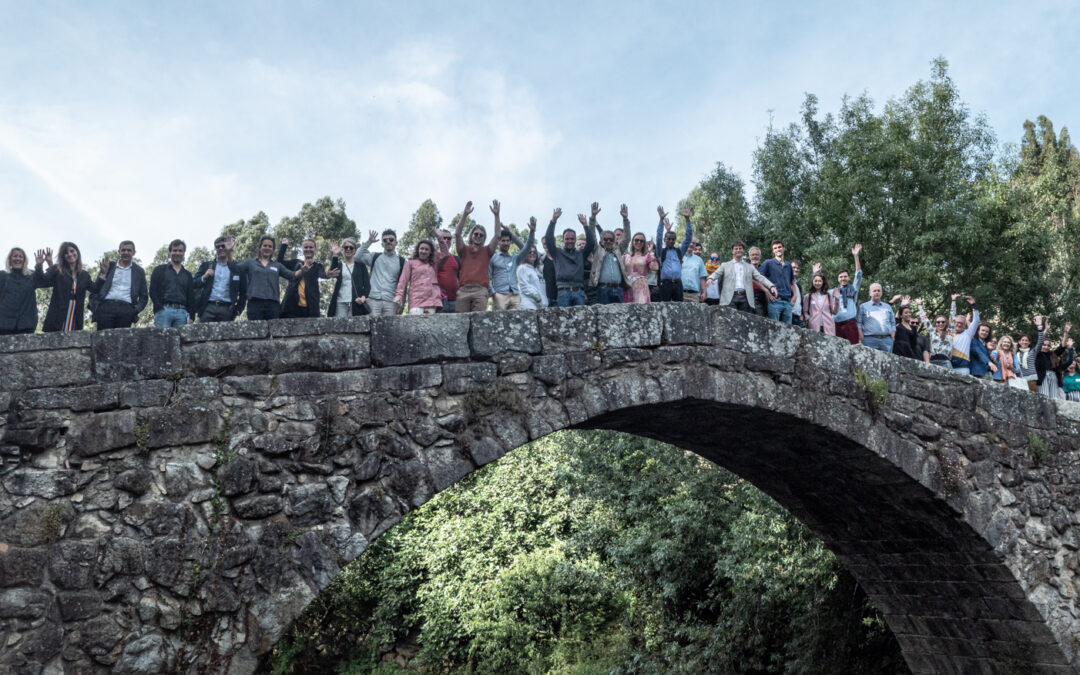The last Fellow Cities Event was organised by the Municipality of Budapest in November 2022 and was a great opportunity to introduce the city and thus for the partners to get to know Budapest but also to get a better understanding of the local context, regulatory and planning environment in the everyday project activities. For the Fellow City Budapest, the project is a good opportunity to gain more profound knowledge of the PED planning methodology, learn about a lot of new tools and exchange experiences with the other project partners. Therefore, one of the lessons learned so far is that there needs to be more flexibility in planning scenarios due to legislative changes in Hungary.
So far, for the Lighthouse City Bilbao the first lesson learned is the importance of setting a strong and close-knit local environment in order to develop the tasks of the project correctly. Clear roles and functions need to be assigned at an early stage. Thankfully, ATELIER partners from Bilbao are really pleased with the involvement of local partners, their proactivity and diligence. Another lesson learned is that it is not an easy task to manage such a large-scale project like ATELIER. Along the lifetime of the project, there have been some obstacles. However, transparency and fluid communication with the coordinator and the consortium have shown to be really valuable in order to overcome these hurdles and propose ambitious replacement actions.
In addition, from the activities on shared e-mobility, ATELIER partners from the Lighthouse City Amsterdam learned that shared e-hubs should not be a goal in themselves, though they might be the right tool to achieve the mobility policy goals set by the municipality. One should also be aware that these shared e-hubs may as well be counter-productive if „clean trips“, such as walking or cycling are replaced by „dirtier“ trips using e-Scooters or e-Cars. It is therefore important to monitor your e-hubs closely and critically examine them.
Authors: Kirsten Dyhr-Mikkelsen, Kim Nathalia, Rudy Rooth, Jon Gonzalez Mancisidor, Dávid Bán
Picture Credits: ATELIER
